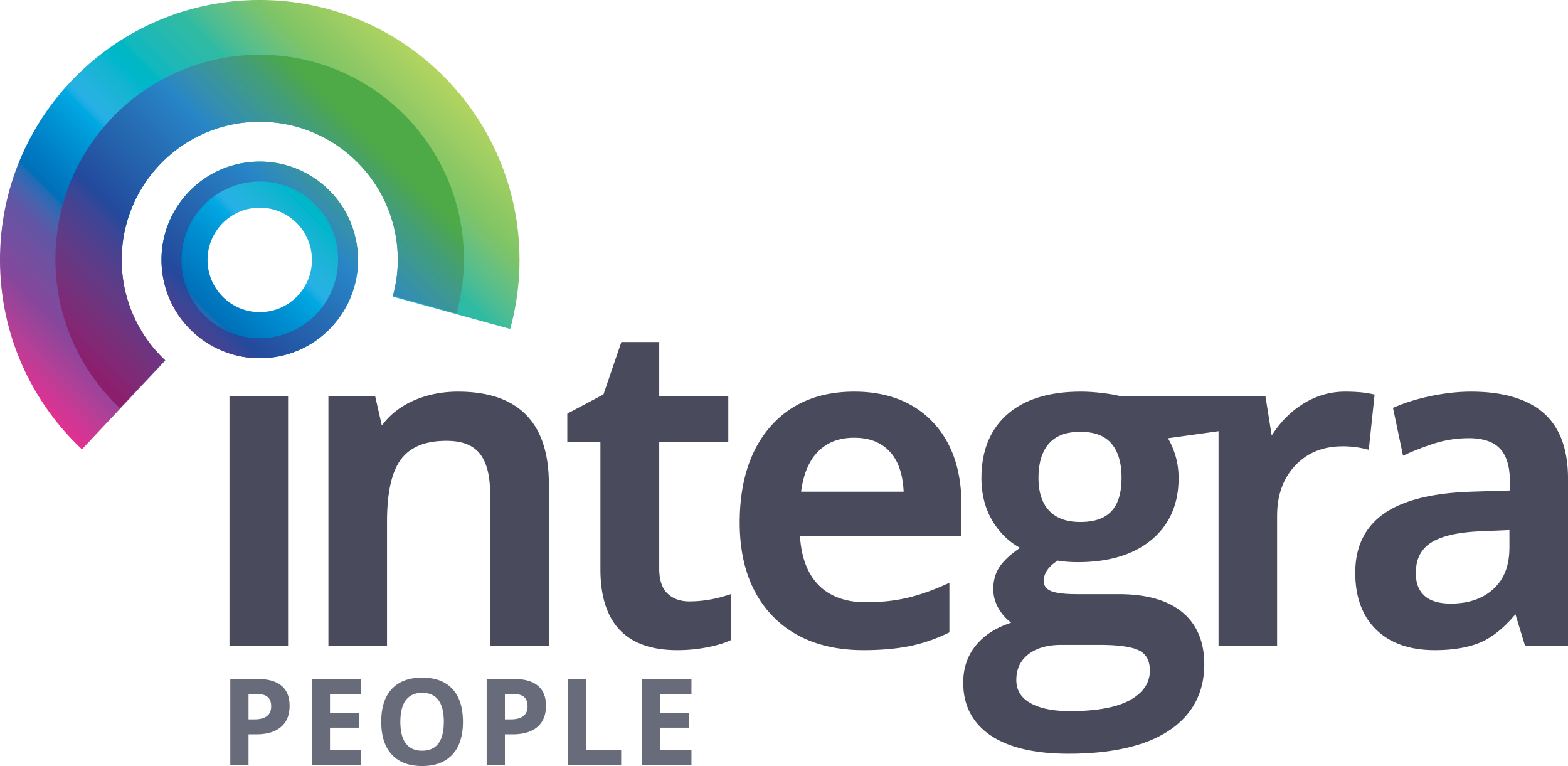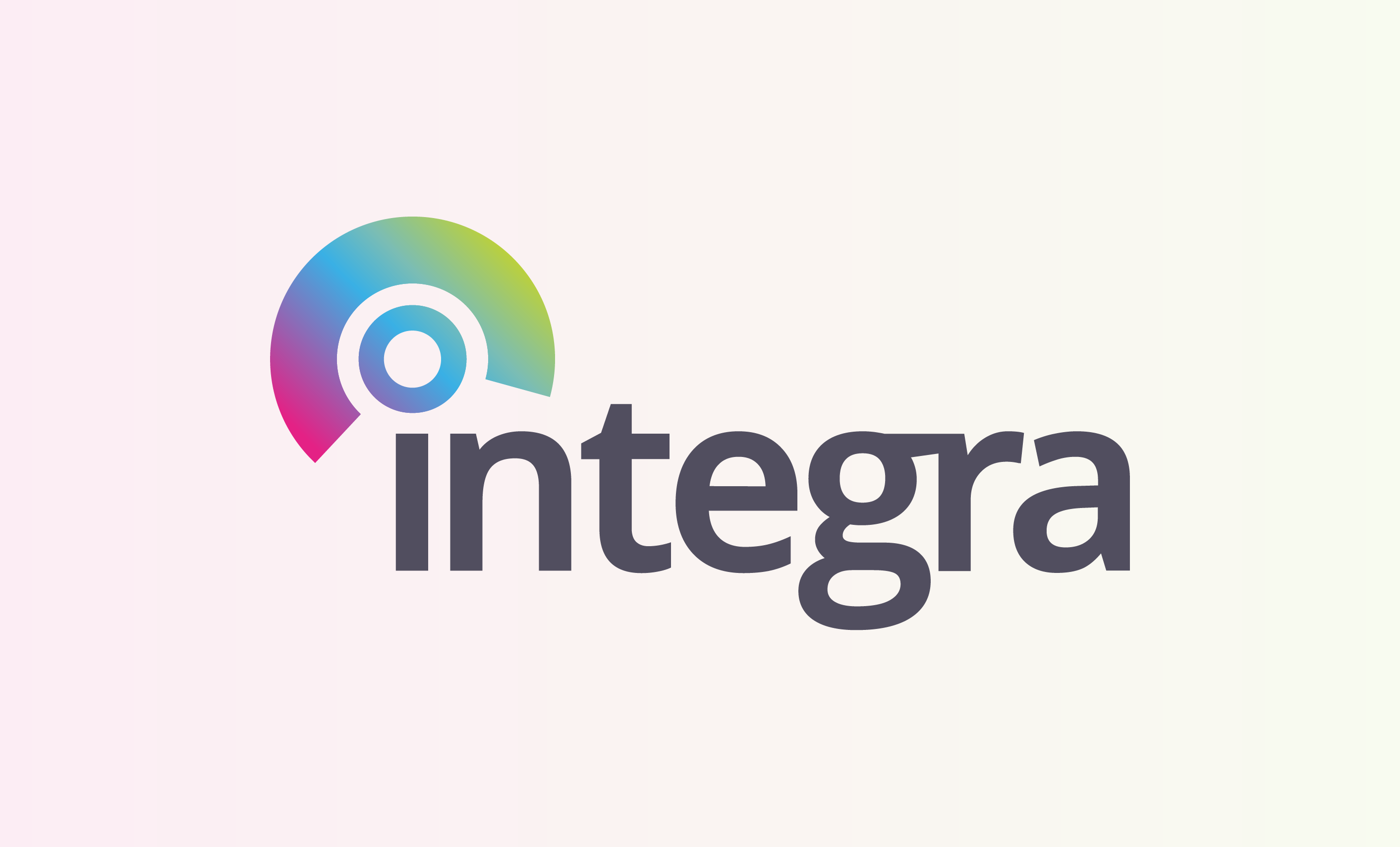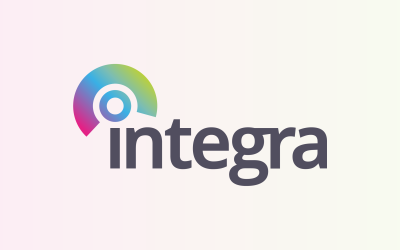Mental health apps address everything for depression, anxiety, bipolar disorder, eating disorder, obsessive compulsive disorder, and much more, and there are now a proliferation of apps available to smartphone users.
Mental health is discussed more openly thanks to nationwide initiatives, yet we are in a time where psychological services are facing a decrease in resources during an increase in demand. During this crisis, mental health apps have grown dramatically in popularity.
For those who feel ashamed or confused about their mental health, or can’t afford or find time or mobility to it confront in person, using an app can make them feel like they are not battling mental illness alone, and provide advice, information, and the realisation that their issues are also shared with many others.
Jen Hyatt, CEO of Big White Hall, said that there is a transformative role of mental health, and: “Many people find it hard to access services because of geography, because of mental ill health, because of physical disability. We’ve also found that, in the 50% of cases that do get to a GP, they’re not able to guide mental health problems adequately.”
The apps remove any barriers to treating, allowing for private and confidential advice for sufferers, in the privacy of their own home, so with all this, what could possibly be the problem?
Stephany Carolan, CEO at WorkGuru said that people should be wary of apps that promise too much, stressing that: “there are no quick fixes. If an app says you only need to log in for ten minutes, it’s just not true. It just doesn’t happen like that.”
Recent research published in the Evidence Based Mental Health journal found that mental health apps lack an underlying evidence base, a lack of scientific credibility and limited clinical effectiveness.
Simon Leigh, co-author of the study, said: “If you go through the process of downloading and using an app and there are no benefits, it can compound your anxiety about your mental health problems.”
Psychologist Tanisha Ranger said: “I see mental health apps being very useful for people who cannot get to sessions as often as they would like, but I do not view them as a substitute for therapy. If a person is actually in need of therapy, these are a great supplement, but they cannot take the place of engaging with someone who can offer individualised interpretations and insights that an app cannot provide.”
Mental health apps are a valuable tool when you lack the time or resources and need some valuable support and guidance, but for completely personal connection with another person, they will be better used in line with professional counselling.


